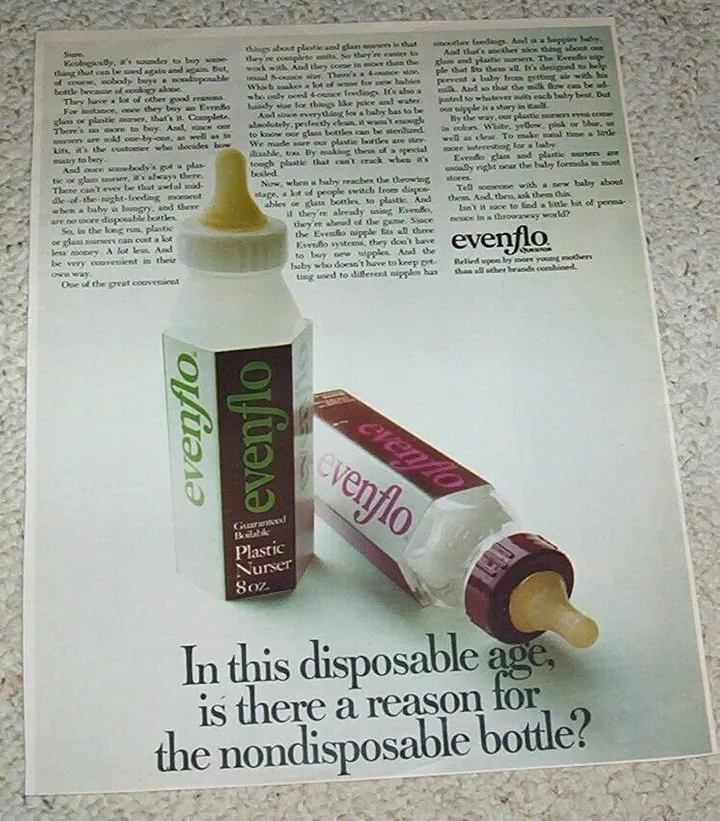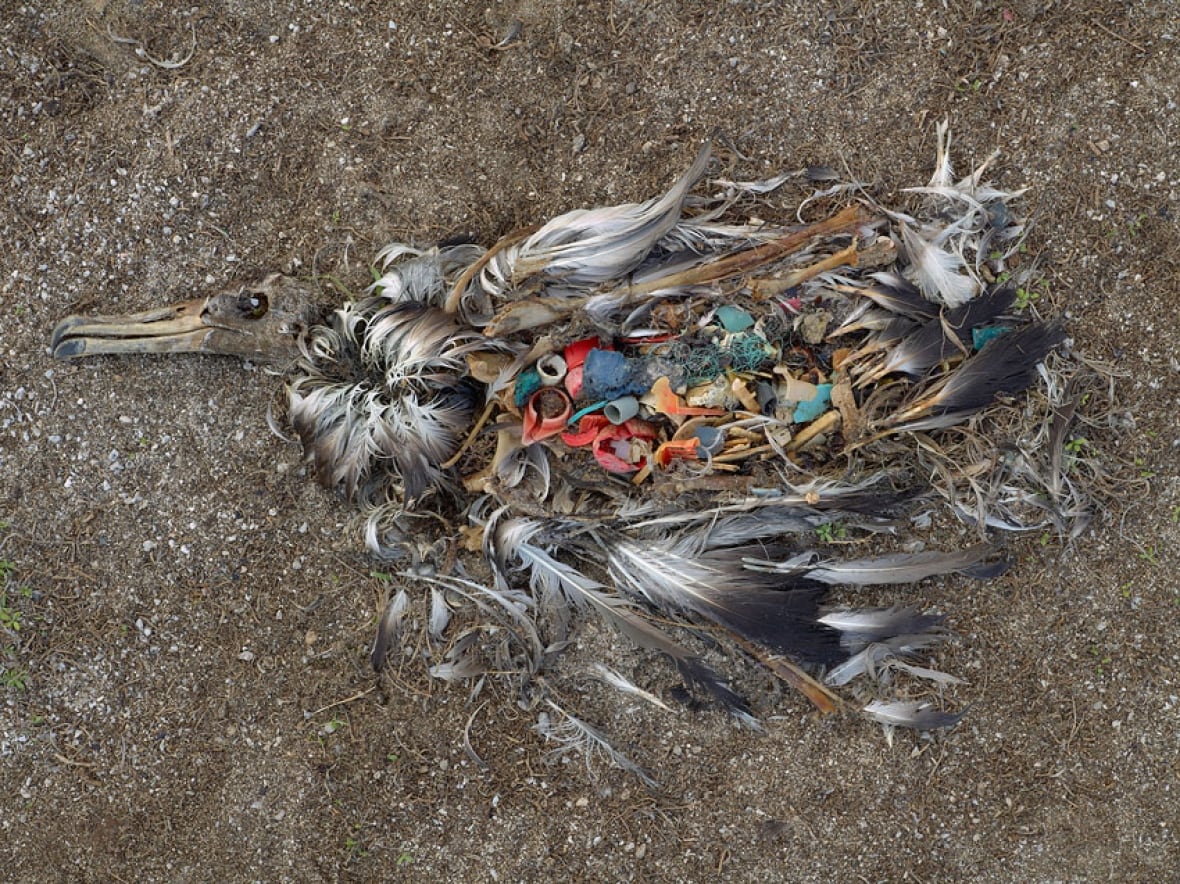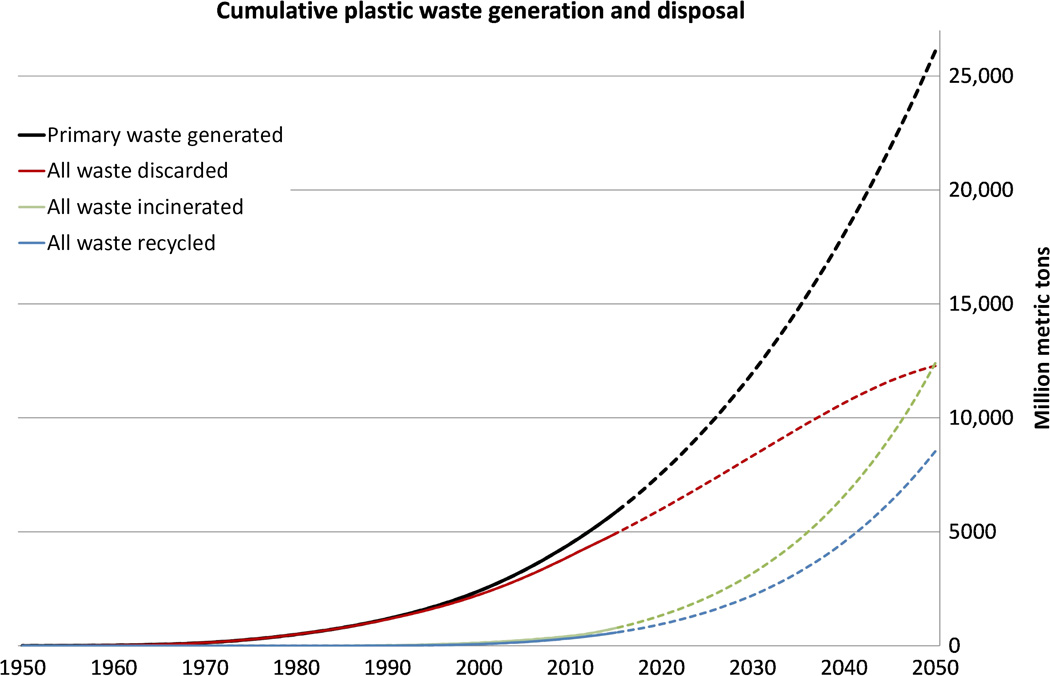
Plastics are damaging the planet
In the 1960’s plastic companies wanted to make even more money so they started a campaign to convince people that plastic should be single use. People were very against the idea at first, but that didn’t last long and people became convinced to throw everything “away” and buy more. The problem with this is that plastics are not biodegradable and stay in the environment for hundreds of years, so they don’t go “away.” The plastic companies then sold everyone on the idea of recycling, but recently the idea that plastics can be recycled in an efficient way has been disproven. The developing world is disproportionately impacted by plastic pollution because of their lack of infrastructure and waste management. Single use plastic has had irreversibly damaging effects on our planet. Sea creatures and birds fill their bellies with plastic and die of starvation. Dead whales have been found to have swallowed hundreds of pounds of plastic trash. According to a massive global study, “If current production and waste management trends continue, roughly 12,000 Mt (million metric tons) of plastic waste will be in landfills or in the natural environment by 2050” (Science Advances). Not only does plastic pollution harm animals, "but it also poses a threat to the climate, as plastic releases greenhouse gases as it slowly breaks down. Sunlight and heat cause it to release methane and ethylene – and at increasing rate as the plastic breaks down into ever smaller pieces" (Edmond).


